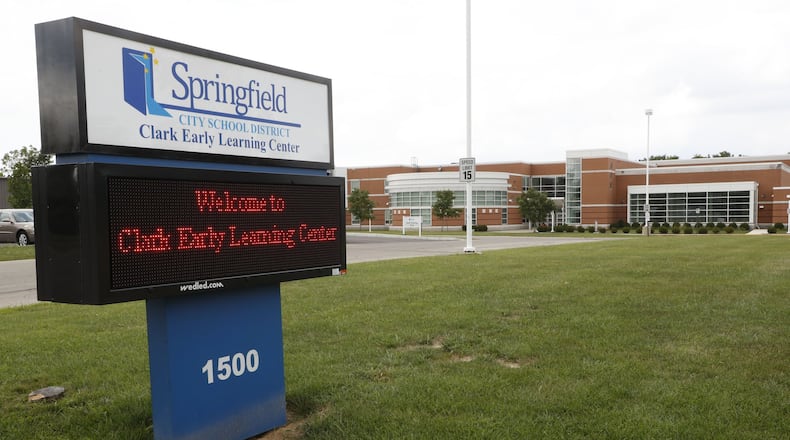The court ruled Thursday Clark County Auditor Hillary Hamilton must continue to assess taxes from the approved 2013 bond levy to upgrade Springfield schools.
“This important decision affirms the district’s position and ensures that debt service payments will remain funded as intended by voters, without placing additional financial burden on the district,” said Superintendent Bob Hill.
The auditor’s office said in a statement they acknowledge the court ruling, “intends to comply fully” with the decision and will review it to “ensure proper implementation.”
“As auditor, I felt it was my duty to the taxpayers who voted on this levy to have the court, not my office, decide this issue,” Hamilton said. “While I respect the court’s ruling, my office will continue to stand for transparency and fairness, making sure property owners clearly understand what they are being taxed on and why.”
The Springfield school district put a $13,995,000 bond levy on the May 2013 ballot, seeking funds to renovate and maintain school buildings that were constructed between 2004 and 2008 with the help of state funding. Voters passed this levy, with 57.8% voting yes, and the tax was to be paid over a maximum of 12 years, according to the lawsuit documents.
School officials issued $5.88 million in bonds in September 2013, but didn’t issue the remaining $8.11 million in bonds until six years later in November 2019. Taxpayers began paying the first part of the taxes in 2014, to cover the principal and interest on the first set of bonds.
There was language about the bonds being repaid over a maximum period not to exceed 12 years. The school district argued that means two separate 12-year repayment windows — they say the “final maturity” dates are Dec. 1, 2026 for the Series 2013 Bond, and Dec. 1, 2031 for the Series 2019 Bond.
According to the schools’ lawsuit, in early 2023, former Clark County Auditor John Federer told the district that collection of the bond levy would end in 2025. Hamilton “reaffirmed this position,” with the basis for ending the collection being that it’s 12 years from when voters approved the issue, court documents stated.
Hamilton said the ballot language for the May 2013 bond issue stated the principal would be repaid annually over a maximum period of 12 years, and that collection for the levy cannot exceed 12 years under the ballot language and the Ohio Revised Code.
Credit: Jessica Orozco
Credit: Jessica Orozco
In a unanimous opinion, the court found Hamilton “had no authority” to stop placing the levy on the tax list so the county treasurer could collect taxes.
However, the court noted it agreed to grant the school’s request to have the money collected in 2026, but it can’t order the auditor to collect the taxes for future years because “the auditor’s duty to impose the tax is triggered only when the school district passes legislation in future years requesting the collection.”
“The auditor has not cited any statute that allows her to refuse to perform the ministerial duty of placing the tax levy on the tax list and duplicate based on her belief that the bond levy has expired,” the court stated.
“When voters approve a levy for a specific length of time, they deserve confidence that the terms will be honored,” Hamilton said. “The court, in their ruling, did not address if the school board may extend the time period of collection for the levy, only that the Auditor’s Office did not have the authority to refuse the board’s request for additional funds.”
As a result of the ruling, Hill said the district is now taking steps to remove the five-year, 1.5-mill additional property tax levy for general permanent improvements from the November ballot as “this action is no longer necessary as the court’s decision guarantees continued funding in alignment with Ohio law and the expectations of the district’s community.”
About the Author



